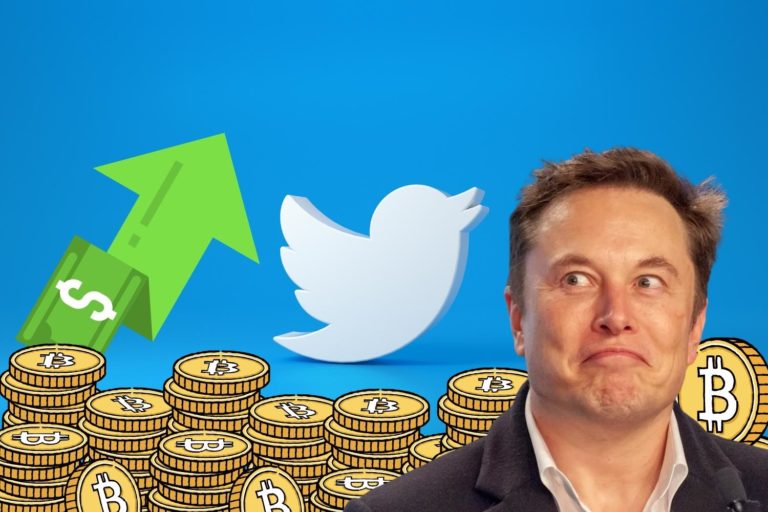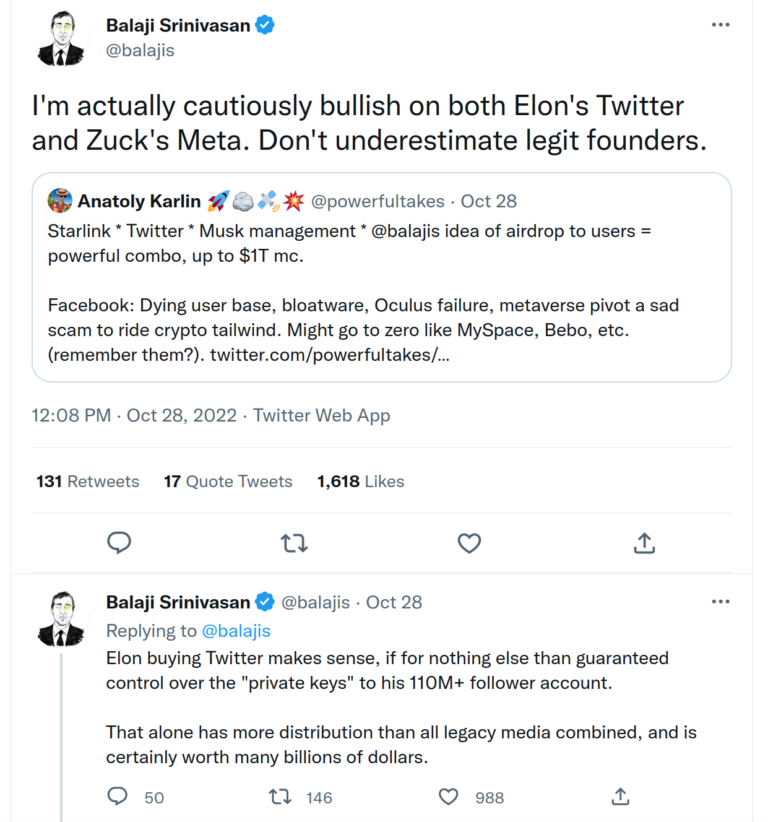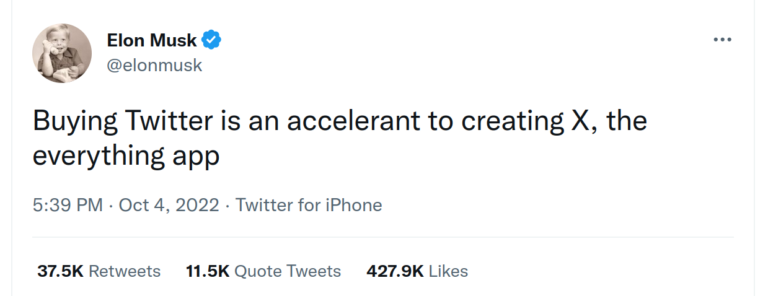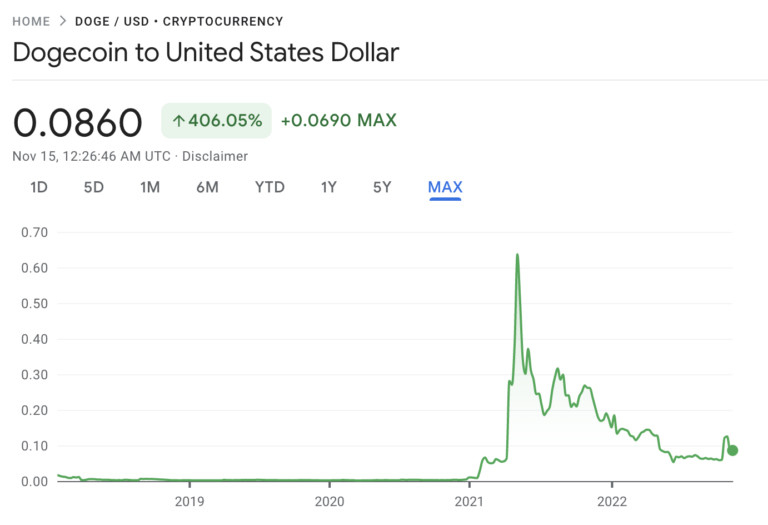
By: Robert Bisewski
robert.bisewski@thinklogicly.com

Where It All Began
In 1999, Elon Musk created one of the world’s first online payment systems. Formally known as X.com, the company eventually merged with its competitor, Confinity Inc., and soon after transformed into PayPal.
This propelled him to become the famous, influential business magnate that he is today.
In his song, “Welcome to the Internet”, Bo Burnham rips the all-consuming nature of the internet. While he may be right, X.com was envisioned as an “everything app that would empower consumers on the web. As a super app, it would provide the following with a click of a button:
- Messaging
- Social networking
- Peer-to-peer payments
- e-commerce shopping
This covers many of the current FinTech ideas, long before the phrase was coined.
Sadly, the dotcom bust in the year 2000 shelved these plans as consumers hesitated at the idea of spending money online. Later, the Global Financial Crisis of 2007-2008 accelerated consumers skepticism of the banking sector too.
Renovating the Bird House
Fast-forward to 2022. As an avid Twitter user with a stake in the company, Musk found himself in disagreement with Jack Dorsey, over the Twitter co-founder’s style of management. In particular, Dorsey had enforced a number of bans on Twitter for celebrities that allegedly engaged in “over-the-top” (i.e. misleading) behavior.
Notable banned users included Alex Jones, Steven Bannon, and Donald Trump, which has led to some critics arguing that Twitter has an anti-conservative bias.
In October 2022, Musk completed the $44 billion acquisition of Twitter. With this change of ownership came a few swift moves by Musk, including the firing of high-ranking executives, including the CEO and CFO.
Several commentators have spoken in favor of this, including Silicon Valley startup founder and crypto-advocate, Balaji Srinivasan, who seemed cautiously optimistic about the acquisition. He predicted, via Twitter of course, that it might disrupt all legacy media combined.

From Tweeting to Monopolizing
With Twitter now under his leadership, Musk has publicly revived the X.com “everything app” concept. The idea itself is intriguing, especially considering that China has its own version of this application, called WeChat.
It often serves as a “digital town-square” where Chinese “netizens” are able to message each other, play games, book appointments, browse online storefronts, shop, and even purchase goods and services.

Multiple companies have already began their journey in this direction, including Walmart potentially becoming a future leader in digital payments and banking, following its acquisition of Even Responsible Finance and One Finance.
Making predictions, however outlandish or even moderate, may become a future paradigm. One such prognostication: with the rise of similar FinTech companies, cross promotion of cryptocurrency and other DeFi technologies will become increasingly visible.
Doge to the Moon
Much has been made of the volatility of crypto and how easily it can resemble a rollercoaster. One example has been the rapid increase of Dogecoin, a cryptocurrency that was originally designed as a joke to lambaste the idea of such currencies.
Investors relish in the fact of purchasing it solely for the fun memes and the low price point compared to BTC and ETH.
With its recent 35% surge, almost returning to its peak value in 2021, this can mostly be credited to Elon Musk’s recent takeover of Twitter, since many holders are convinced he will encourage the use of cryptocurrency on the platform.

Numerous crypto founders have commented on the Twitter deal, such as Vitalik Buterin and Changpeng Zhao (better known as CZ). Both see this as a stepping stone to a significant change in the way we use the internet and social media.
Vitalik is somewhat hopeful about the endeavor. In particular, he seems to think that in 5 to 10 years we’ll see a much better class of social media apps, and with an even greater variety of alternatives, if people move on from Twitter to other platforms.
CZ is much more optimistic and is in this for the long haul. He has invested over 500 million USD into Musk’s purchase of Twitter. He mentions that “we want to make sure that crypto has a seat at the table for free speech” and has plans to promote crypto on the platform.
To Infinity and Beyond…
The acquisition of Twitter shows that there is still potential for growth in social media. In addition to disrupting traditional media, it might lead to the creation of a super app. If so, then the likelihood of FinTech integrations being built within the apps of the future will be much higher.
With several crypto-founders, like CZ, who’ve invested heavily in Twitter also offers the promise of web3 functionality in a far shorter timeline.
The future of social media is full of promise. It’s easy to imagine that we are just scratching the surface.
Enjoy reading this article? Other content you may find interesting:
- Getting paid…in Bitcoin?
- Deflation: A Different Kind of Deflate-gate
- A Friend Request from Your Advisor
- Cryptocurrency and the Rise of Custodied Assets
- The Future is Here: How Thematics is Disrupting Investing
- Women, Millennials, and Financial Planning
- How to Use One of Wall Street’s Best-Kept Secrets
To connect about media inquiries or to discuss the article, please email Robert at: robert.bisewski@thinklogicly.com

